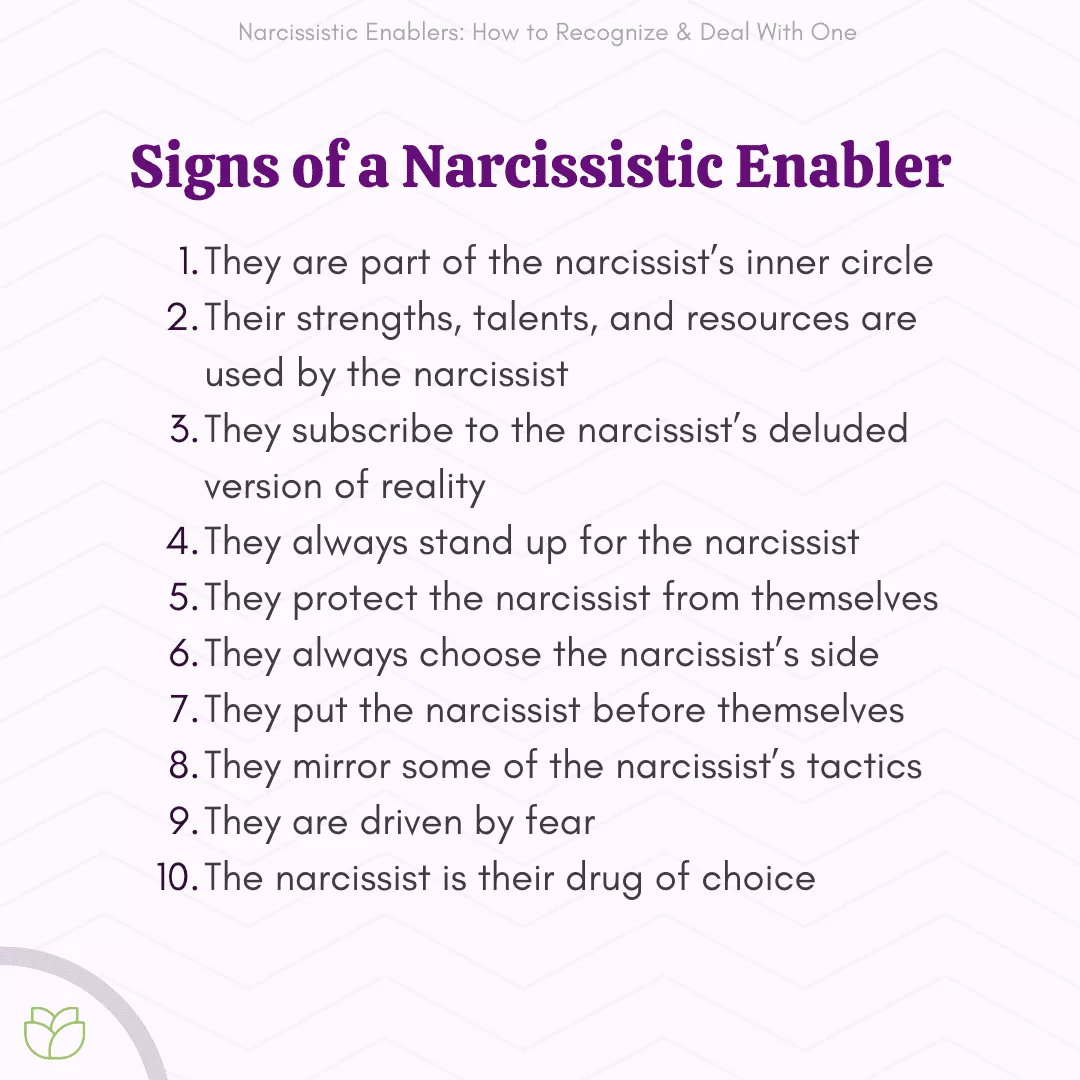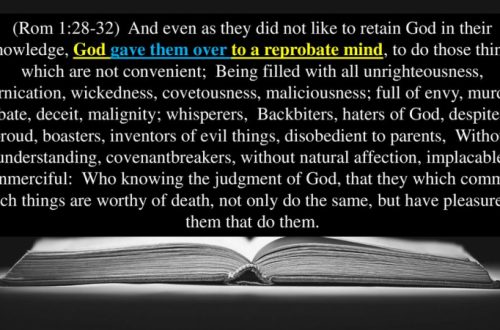
Enablers Are Often Worse Than Narcissists
People who support abusers by unquestioningly accepting their claims without proof or covering up their wrongdoings are commonly referred to as enablers. The role of enablers is crucial in the functioning of narcissists, as they possess the tangible power to expose the narcissist’s actions, yet they often choose not to wield it. These individuals tend to believe in the redemption and remorse of even the most notorious figures, exemplified by their willingness to see individuals like Ted Bundy as genuinely sorry and deserving of a second chance, dismissing the severity of their crimes.
Enablers are characterized by a tendency to view the good in everyone, although this perspective is described as blind because it is not rooted in a genuine acknowledgment of goodness. Instead, enablers manipulate narratives to control perception, crafting their own stories to make themselves and others comfortable with associating with individuals labeled as murderers, liars, thieves, rapists, abusers, or any other malevolent title. The dangerous aspect of enablers lies in their capacity to turn a blind eye to the harmful actions of individuals like Ted Bundy, choosing to ignore the potential harm they may cause to others.
In addressing enablers, it is essential to recognize their role as passive supporters who, while not the primary abusers, stand by and witness the abuse of their loved ones. Dr. Phil’s famous question, “How is that working for you?” prompts enablers to reflect on their motivations and gains in situations where their loved ones, especially their children, are subjected to abuse. The so-called “Self-Protection Excuse” is likened to a one-time-use coupon, becoming invalid with repeated use. Identifying the abused as merely a victim strips them of agency, rendering them blameless and powerless, thus impeding their ability to effect change in their situation.
Enablers’ behavior contradicts the biblical warning against enabling, with God advising His children to distance themselves from evil individuals to avoid being swept away with evildoers (Numbers 16:26). However, enablers often choose not to separate from malevolent figures; instead, they extend false empathy and attempt to convince others to accept these wicked individuals as they are. Beyond being mere supporters, enablers willingly become human shields for the wicked, frequently bearing a heavier burden for the crimes committed by the individuals they protect.
For those who have engaged in enabling abusive behavior, it is imperative to begin with genuine repentance and follow through with sincere apologies to those harmed. Enablers play a significant role in withholding the truth that could protect others, contributing to the harm or even death of individuals. Simply moving on after enabling is not an option; a truly transformed heart acknowledges the role played in someone else’s demise, takes responsibility, and, if applicable, ensures that the evildoer is turned over to the authorities. This process is crucial for fostering genuine change and accountability.




